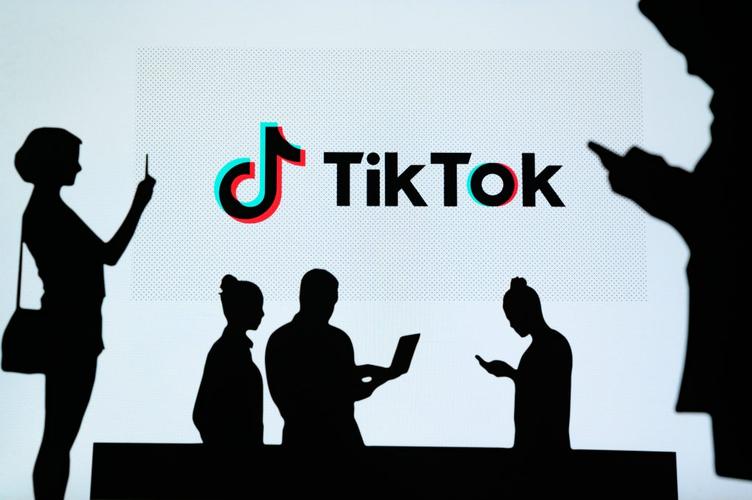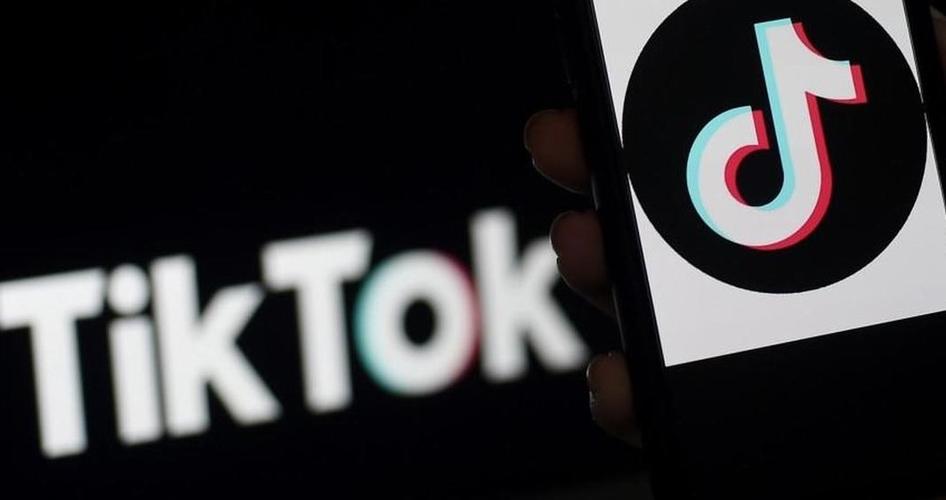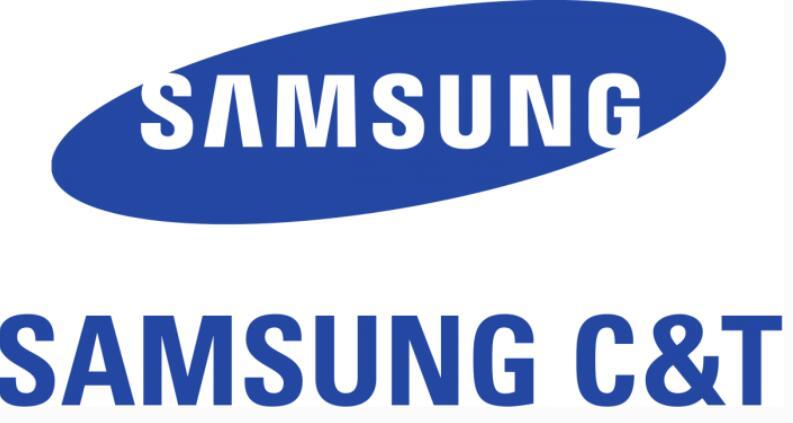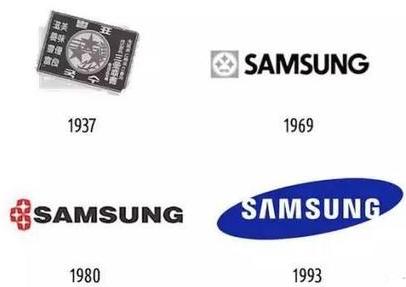TikTok now changes how people talk. New words spread incredibly fast on the app. Slang terms become popular almost overnight. This happens because TikTok videos are short and easy to share. Millions see the same phrases quickly.
(TikTok’s Impact on Language and Slang)
Young people especially drive this trend. They create new words or use old ones differently. These words often start in comments or video captions. A catchy phrase can explode in popularity within days. The app’s algorithm pushes trending sounds and terms to many users.
Words like “rizz” meaning charm, or “beige flag” for something mildly odd, gained fame this way. Dance challenges and memes heavily rely on specific slang. Creators use these terms to connect with their audience. Viewers then adopt the language themselves. It feels like being part of a big group.
Experts see both good and bad sides. TikTok makes language playful and creative. It gives everyone a chance to invent new expressions. People feel connected using the same slang. But, the speed is new. Words burn out faster than ever before. Some worry this makes language shallow. Others argue it reflects how people actually talk now.
(TikTok’s Impact on Language and Slang)
Schools and workplaces notice the impact. Teachers hear TikTok slang in classrooms. Bosses hear it in offices. This shows how deeply the app influences daily speech. The effect is global. Slang crosses countries and languages easily. TikTok truly shapes modern communication.



